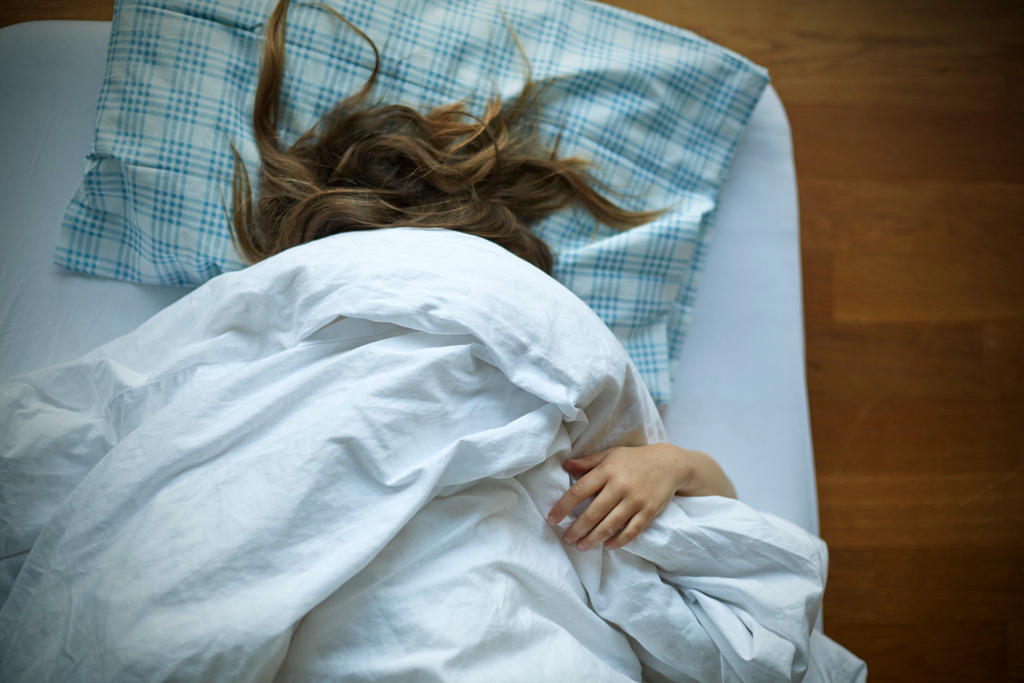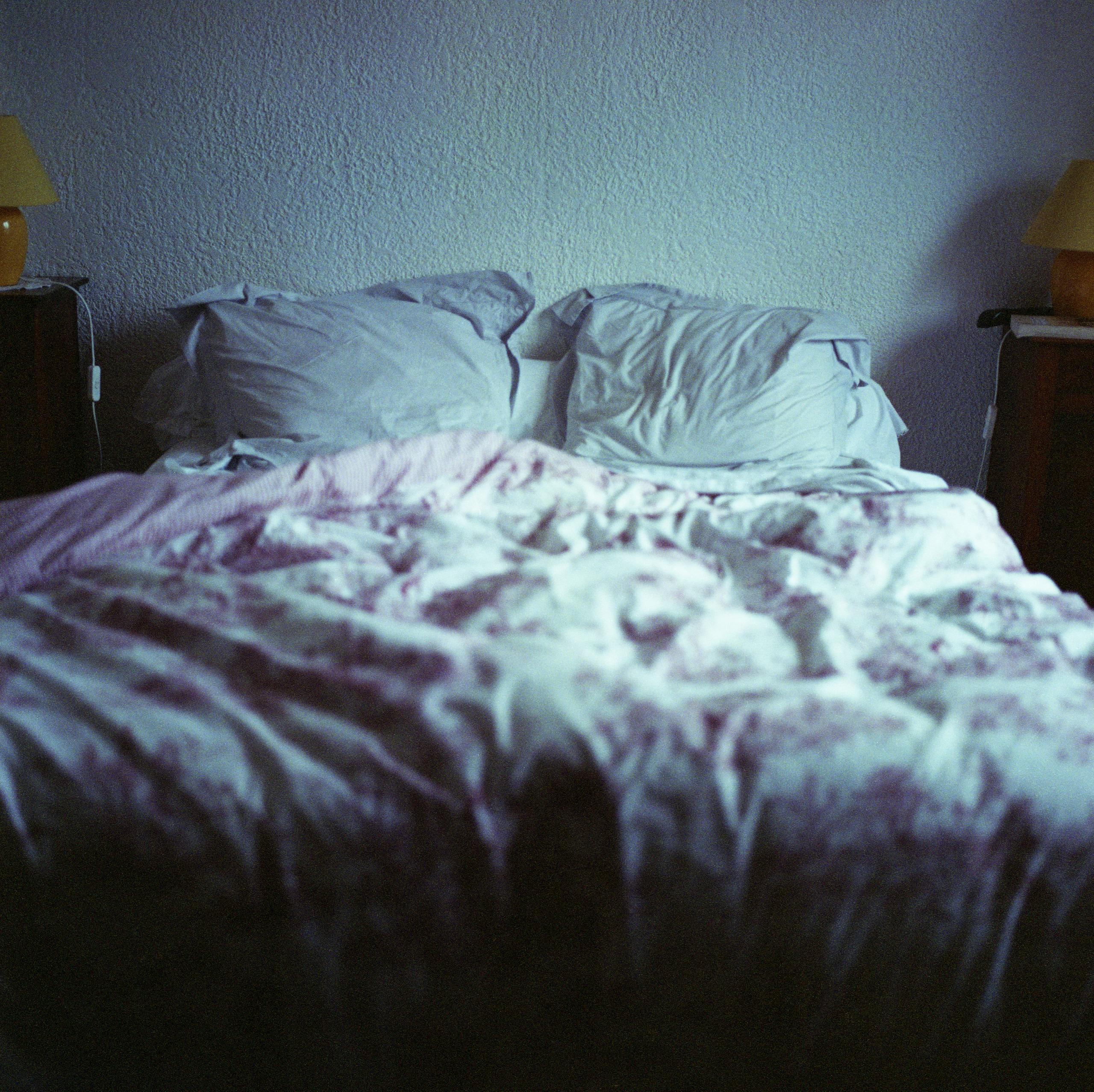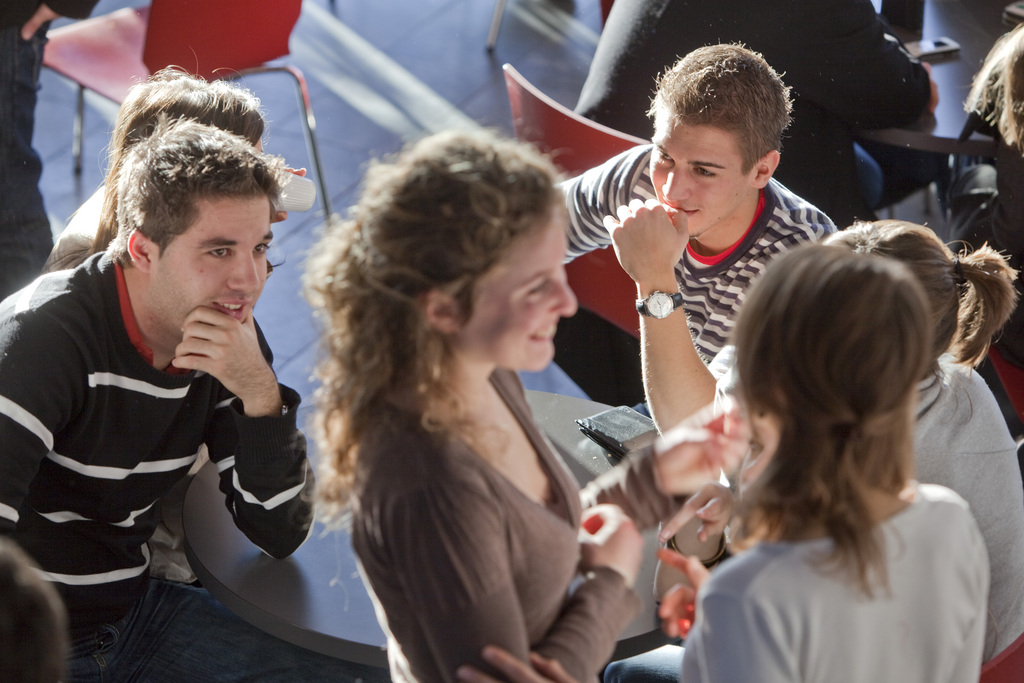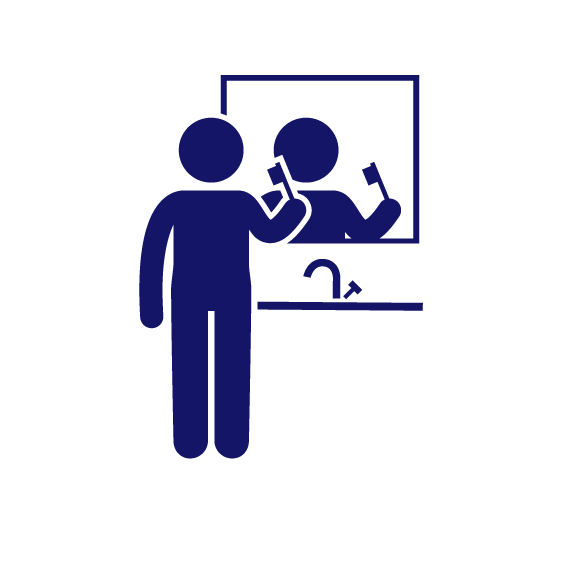Losing sleep is a risky business, say scientists
University of Zurich experts have found that prolonged lack of sleep can lead to heightened risk-taking. Separately, researchers in Basel have revealed clues as to how poor sleep can be passed down from parents.
The health benefits, both cognitive and physical, of sound sleep are widely accepted these days. Gone are the times of Margaret Thatcher proudly pronouncing her ability to get by on a couple of hours per night.

This week, researchers at the University of Zurich released findings that suggest a link between sleeplessness and another possibly harmful phenomenon: risky behaviour.
After tracking the behaviour of 14 otherwise healthy males between the ages of 18 and 28, who slept for five hours per night for seven days, the researchers found that almost all tended to perform more recklessly as the week went on.
Twice daily, test subjects faced a decision: gamble on a high-stakes pay-out of uncertain probability, or take a low, but certain, pay-out. And while one night of bad sleep did not affect their action, 11 of the 14 behaved “significantly and increasingly riskier” as the week went on.
Moreover, the subjects’ self-assessments were also skewed – a worrying finding for UZH professor Christian Baumann. “We do not notice ourselves to be acting riskier when suffering from lack of sleep,” he said.
Therefore, the report advised, everybody – but particularly political and economic leaders making important decisions each day – has a paramount need for sufficient sleep (recommended as 7.5 hours for adults, 9 for young adults).
From mother to son
In separate results published this week by the Universities of Basel and Warwick (UK), the link between mothers suffering from insomnia and the sleep habits of their young children was also made.
“Children of mothers with insomnia symptoms fall asleep later, get less sleep, and spend less time in deep sleep,” said the authors, who observed the sleep habits of a group of seven-to-12-year olds over a period of one night.
No such connection was found between fathers’ sleep habits and those of their children – an anomaly that the scientists said could possibly be due to the fact that mothers, on average, still spend more time with their children in Switzerland than fathers.
Beyond correlation, the researchers also drew up three hypotheses about why the knock-on effect may exist. Firstly, they said, it could be a case of social observation: children learn what they see, and thus could pick up bad slumber habits from their parents.
Second, dysfunctionality within the family (a fight or argument close to bedtime, for example) could easily impact on the sleep of everybody in the household.
And last, in a caveat that surely applies to many studies, they said the “selective attention” of parents suffering from poor sleep towards their children could have negative results. Increased worrying and attempts to control sleep patterns could have adverse effects – it’s a vicious circle.
swissinfo.ch and agencies/dos

In compliance with the JTI standards
More: SWI swissinfo.ch certified by the Journalism Trust Initiative




You can find an overview of ongoing debates with our journalists here. Please join us!
If you want to start a conversation about a topic raised in this article or want to report factual errors, email us at english@swissinfo.ch.